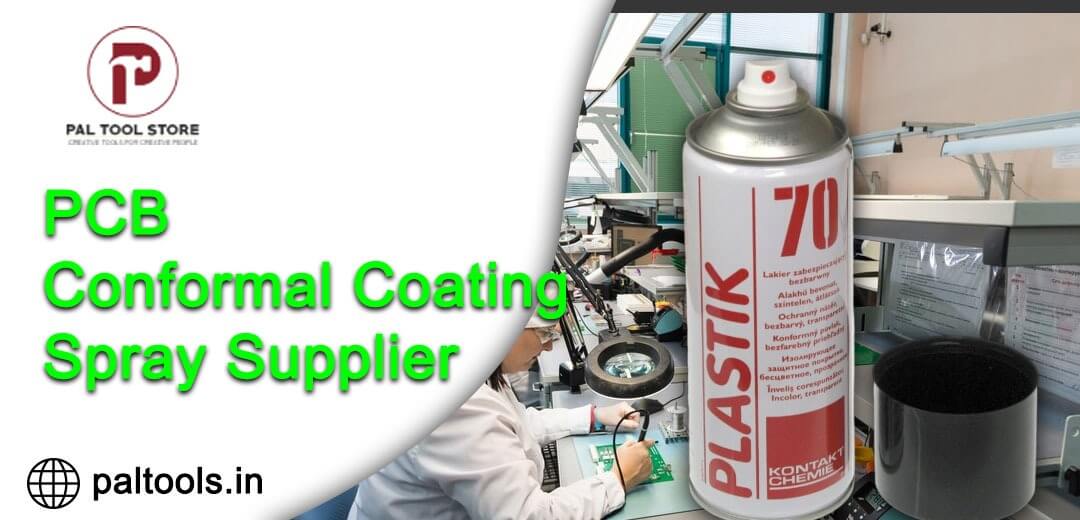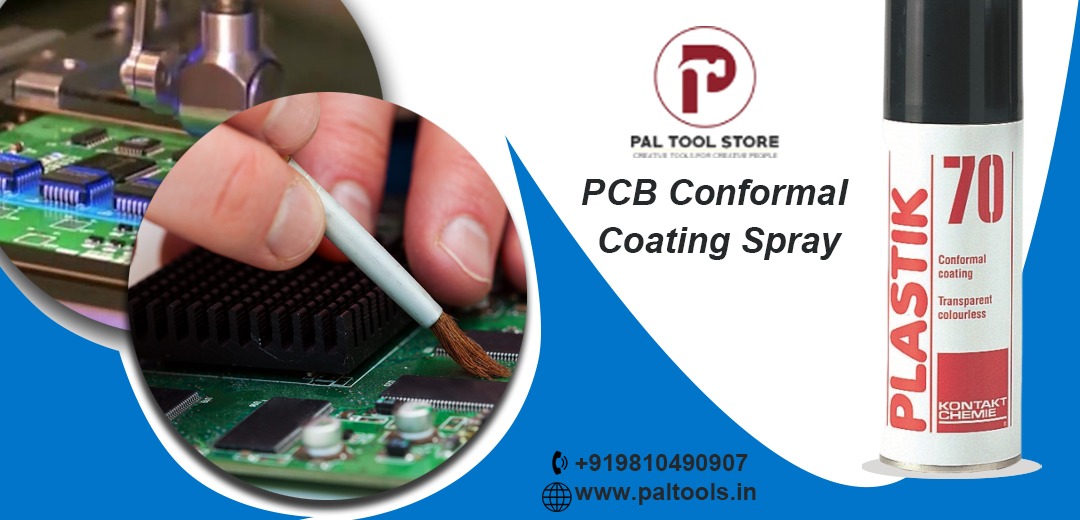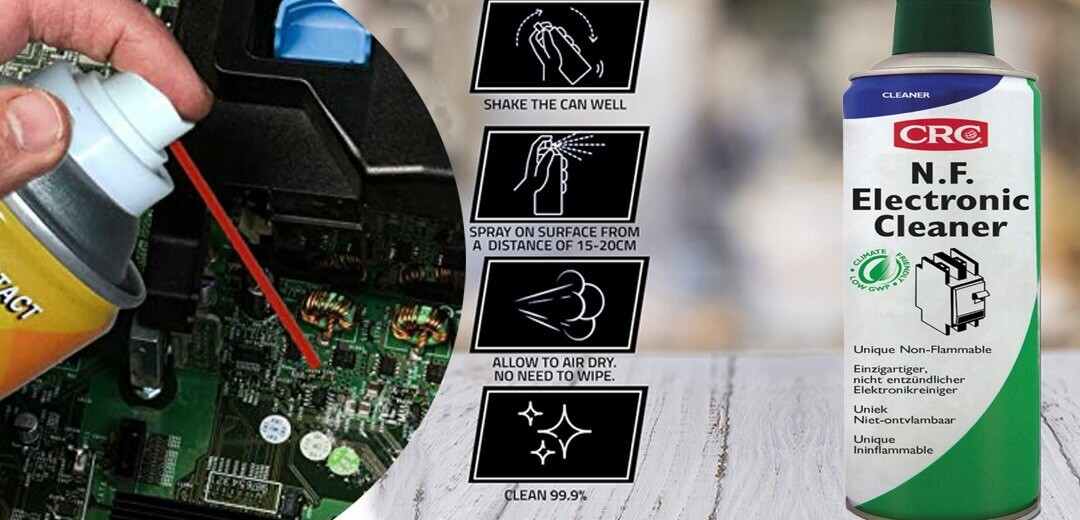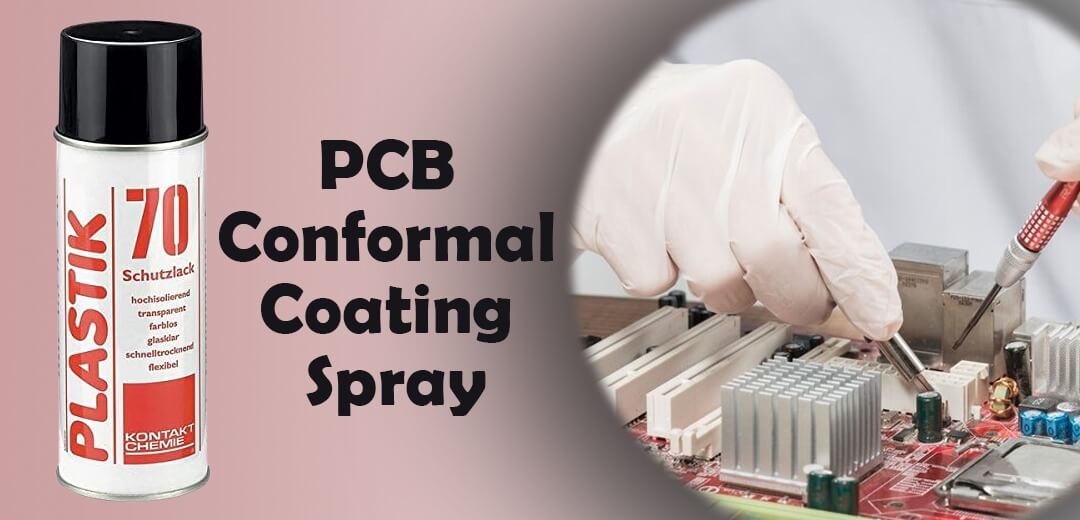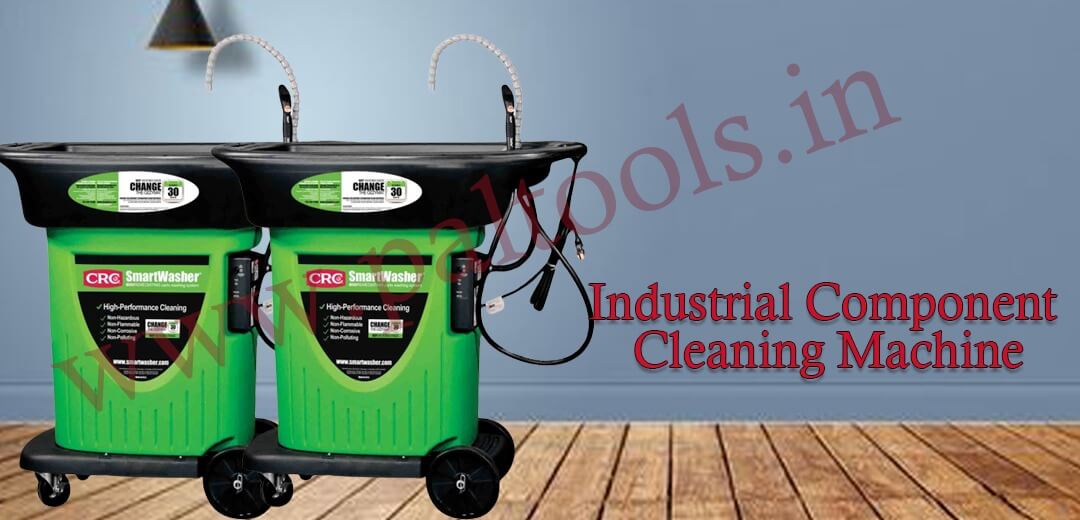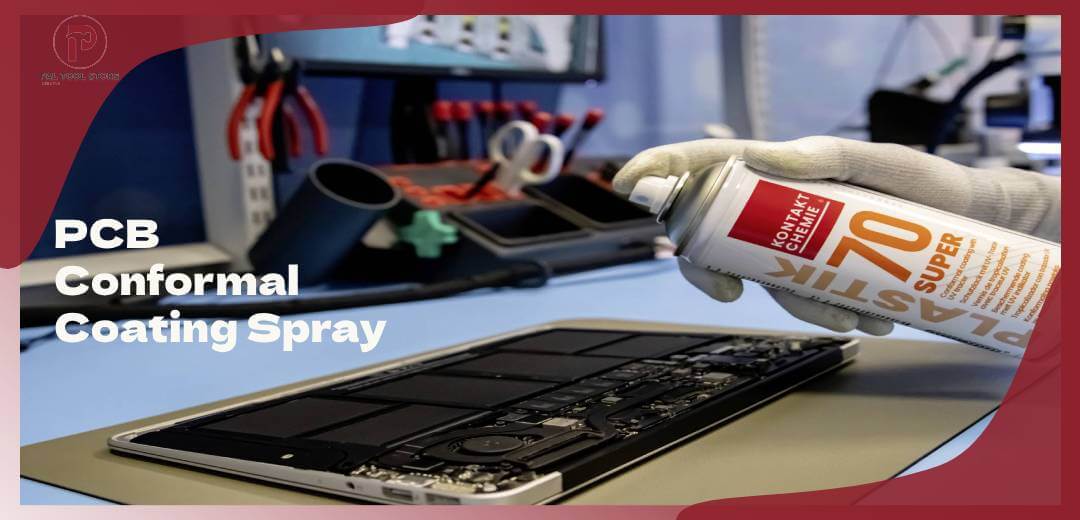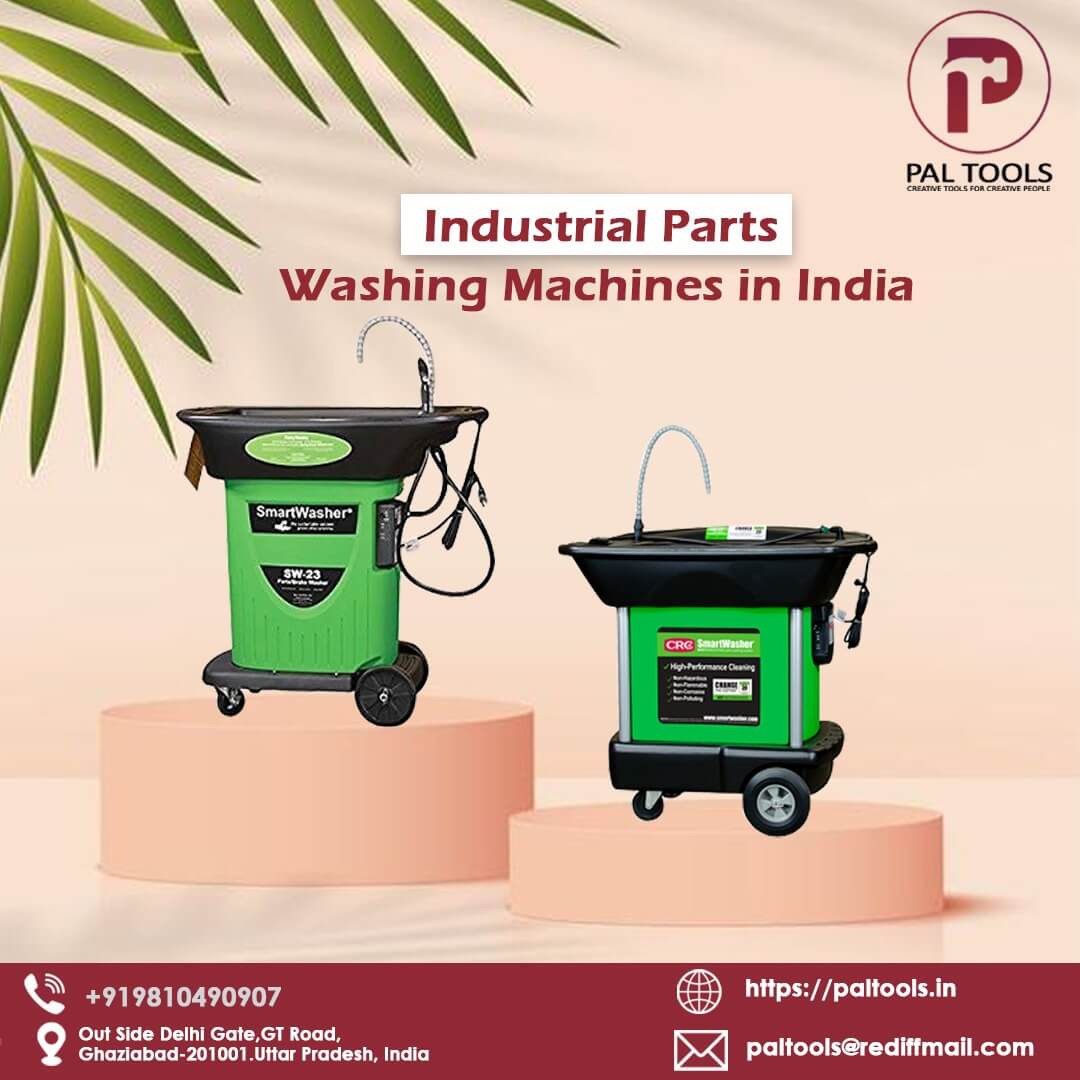In today’s fast-paced industrial landscape, the demand for clean, efficient, and sustainable manufacturing processes has never been higher. One of the critical aspects of production across various industries, including automotive, aerospace, electronics, and medical equipment, is maintaining the cleanliness of parts. Industrial parts washing machine play a crucial role in ensuring the cleanliness and quality of components by removing contaminants like oil, grease, dust, and debris.
With advancements in technology and growing emphasis on eco-friendly manufacturing practices, the industrial parts washing machine sector is witnessing transformative trends that are shaping the future of the industry. This article will delve into the top trends in industrial parts washing machines, with a focus on enhancing both efficiency and sustainability.
1. Automation and Smart Technology Integration
Automation is reshaping every industry, and industrial parts washing is no exception. The integration of smart technologies and automation systems into parts washing machines is one of the most significant trends. Automated washing machines can handle large volumes of parts efficiently, reducing manual intervention and labor costs.
- Programmable Logic Controllers (PLCs): Machines with PLCs allow for the customization of wash cycles, ensuring that each part receives the appropriate cleaning based on its material, size, and level of contamination. This leads to better cleaning outcomes and increased efficiency.
- Smart Sensors and IoT Integration: The use of sensors and IoT-enabled devices allows real-time monitoring of washing machine performance. Operators can track data such as water temperature, detergent levels, and cycle duration remotely. Predictive maintenance can also be implemented, reducing downtime by identifying potential issues before they lead to machine failure.
- Robotic Automation: Robotic arms can be used to load and unload parts into washing machines, improving accuracy and reducing the potential for human error. Robots can also work continuously, leading to higher throughput and shorter production cycles.
2. Energy Efficiency
Energy consumption is a major concern in industrial processes, and there’s increasing pressure to reduce the environmental impact of operations. Industrial parts washing machines have made significant strides in becoming more energy-efficient.
- Low-Temperature Cleaning: One trend is the shift towards low-temperature cleaning solutions. By reducing the temperature required for washing, energy consumption can be significantly decreased without compromising the effectiveness of the cleaning process. Advanced cleaning agents and ultrasonic technologies are being employed to achieve excellent cleaning at lower temperatures.
- Heat Recovery Systems: Modern washing machines are now equipped with heat recovery systems, where waste heat from the cleaning process is captured and reused. This reduces the overall energy consumption of the machine and lowers operating costs.
- Eco-Friendly Detergents: Manufacturers are moving away from harsh chemicals that require high energy to break down. Eco-friendly detergents are not only better for the environment but also work effectively at lower temperatures, further contributing to energy savings.
3. Water Conservation and Recycling Systems
Water is a valuable resource, and industrial processes often require significant amounts of it for cleaning purposes. Water conservation and recycling have become paramount trends in industrial parts washing.
- Closed-Loop Water Systems: Many industrial parts washing machine manufacturers in India now come with closed-loop water systems that recycle and reuse the same water multiple times. This reduces the overall water consumption, minimizing the environmental impact of operations. Filtration systems remove contaminants from the water, allowing it to be reused in subsequent washing cycles.
- Advanced Filtration Technologies: To ensure water quality in closed-loop systems, advanced filtration technologies like oil-water separators, ultrafiltration membranes, and centrifuges are used. These technologies ensure that contaminants are efficiently removed, keeping the water clean and extending the machine's life.
- Waterless Cleaning Solutions: Some manufacturers are experimenting with waterless cleaning systems that use dry ice blasting, vapor degreasing, or laser cleaning. These methods are ideal for sensitive parts that cannot tolerate water, and they significantly reduce water consumption.
4. Environmental Sustainability and Green Manufacturing
As industries face stricter environmental regulations and consumer demand for eco-friendly products increases, sustainability in manufacturing is a growing priority. Industrial parts washing machines are evolving to support green manufacturing practices.
- Biodegradable Cleaning Solutions: The shift towards using biodegradable detergents and cleaning agents is growing. These solutions break down naturally, reducing the harmful impact of industrial waste on the environment.
- Zero-Discharge Systems: Advanced washing systems now incorporate zero-discharge technology, meaning no contaminated water is released into the environment. These systems treat and recycle water internally, ensuring that no pollutants escape into the ecosystem.
- Reduced Chemical Usage: Manufacturers are reducing the amount of harsh chemicals used in parts washing. This not only protects the environment but also improves the safety of the workplace, reducing the risk of chemical exposure for workers.
5. Modular and Customizable Designs
Industries often deal with a wide range of parts that vary in size, shape, and material. As a result, the need for versatile and customizable washing machines has become a critical trend.
- Modular Designs: Modern parts washing machines are being designed with modular components. This allows manufacturers to scale the system according to their specific needs, adding or removing components as required. Modular systems can also be easily upgraded with new technologies, ensuring that companies stay competitive.
- Custom Wash Cycles: Customization is key when dealing with different parts. Machines now come equipped with software that allows operators to create specific wash cycles tailored to the type of part being cleaned. This results in more precise cleaning and minimizes the risk of damage to delicate components.
6. Ultrasonic Cleaning Technology
Ultrasonic cleaning is gaining traction due to its ability to clean even the most intricate parts with high precision. The technology involves using high-frequency sound waves to create microscopic bubbles that effectively remove contaminants from parts without the need for harsh chemicals or abrasive scrubbing.
- Precision Cleaning: Ultrasonic cleaning is ideal for components with complex geometries, such as medical devices, aerospace parts, and electronics. The technology reaches areas that are otherwise impossible to clean with traditional methods.
- Gentle on Parts: Since ultrasonic cleaning relies on sound waves, it is gentle on delicate parts and minimizes the risk of damage. This makes it an excellent solution for industries that require parts to maintain strict tolerances.
7. Compliance with Industry Standards and Regulations
With increased regulatory scrutiny in many industries, particularly in automotive, aerospace, and medical manufacturing, industrial parts washing machines must comply with strict standards for cleanliness and environmental impact.
- ISO Cleanliness Standards: Many industries now require parts to meet specific ISO cleanliness standards. Modern washing machines are designed to ensure that parts are cleaned to these exacting standards, reducing the risk of contamination in critical components.
- Environmental Regulations: Industrial washers must also comply with local and international environmental regulations, particularly concerning water usage, chemical disposal, and energy consumption. Manufacturers are developing machines that meet these requirements while maintaining high performance.
The evolution of industrial parts washing machines is being driven by a combination of technological advancements, environmental concerns, and the need for greater efficiency. As automation, energy efficiency, water conservation, and sustainability continue to influence the market, manufacturers are increasingly adopting innovative washing solutions that not only enhance productivity but also minimize their environmental footprint. Whether it's through smart technologies, modular designs, or eco-friendly practices, the future of industrial parts washing machines looks promising, with a focus on delivering cleaner, greener, and more cost-effective solutions.
Pal Tools Store, a trusted supplier in India, offers advanced industrial parts washing machines, including smart washers. These machines are designed for efficient and eco-friendly cleaning of industrial components, incorporating cutting-edge technology for automation, water conservation, and reduced energy consumption to enhance productivity across industries.

.jpg)



.jpeg)





